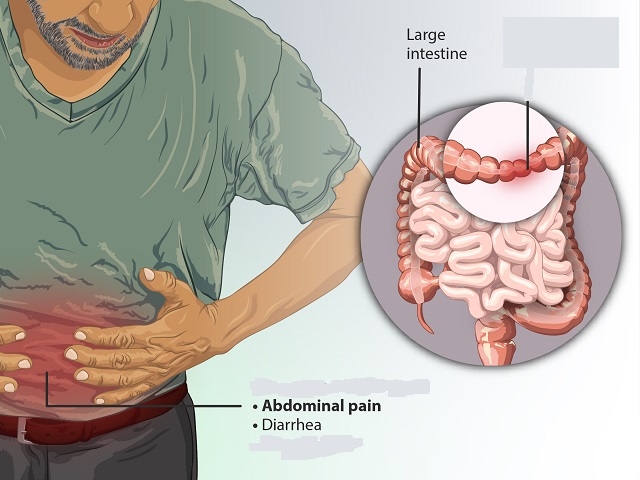8 Signs You May Have Retinitis Pigmentosa -- Symptoms, Causes, Effects, Treatment and Prevention
Retinitis pigmentosa (RP) is a group of inherited eye disorders characterized by progressive degeneration of the retina, leading to vision loss. It primarily affects the rod cells, which are responsible for vision in low-light conditions and peripheral vision, and eventually leads to the impairment of cone cells, affecting central vision as well. Here is an explanation of retinitis pigmentosa, along with its symptoms, diagnosis, causes, effects, treatment, and prevention:
Symptoms of Retinitis Pigmentosa:
The symptoms of retinitis pigmentosa may include:
- Night blindness (difficulty seeing in low-light environments)
- Tunnel vision (narrowing of the visual field)
- Gradual loss of peripheral vision
- Difficulty distinguishing colors
- Reduced visual acuity
- Photophobia (sensitivity to bright light)
- Difficulty with depth perception
- Eye discomfort or pain (rare cases)
Diagnosis of Retinitis Pigmentosa:
The diagnosis of retinitis pigmentosa is typically made by an ophthalmologist or a retinal specialist. It may involve the following:
- Comprehensive eye examination, including visual acuity testing, evaluation of visual fields, and assessment of the retina
- Electroretinography (ERG) to measure the electrical response of the retina to light stimuli
- Genetic testing to identify specific gene mutations associated with retinitis pigmentosa
- Optical coherence tomography (OCT) to assess retinal thickness and structural changes
- Visual field testing to determine the extent of peripheral vision loss
Causes of Retinitis Pigmentosa:
Retinitis pigmentosa is primarily caused by genetic mutations that affect the function and structure of the retina. It can be inherited in an autosomal dominant, autosomal recessive, or X-linked manner. Over 60 genes have been associated with retinitis pigmentosa, and genetic factors play a significant role in its development.
Effects of Retinitis Pigmentosa:
Retinitis pigmentosa can lead to:
- Progressive vision loss and blindness
- Impaired night vision and peripheral vision, making tasks such as driving and mobility challenging
- Difficulties with daily activities, reading, and recognizing faces
- Reduced quality of life and potential impact on mental health
Treatment of Retinitis Pigmentosa:
Currently, there is no cure for retinitis pigmentosa. However, various treatment approaches aim to manage the condition, slow down its progression, and maximize remaining vision. Treatment options may include:
- Low-vision aids and devices to improve visual functioning and independence
- Genetic counseling and testing for individuals and families to assess the inheritance pattern and provide information on the risks and implications
- Experimental treatments and clinical trials, such as gene therapy and retinal implants, which show promising results in specific cases
Prevention of Retinitis Pigmentosa:
As retinitis pigmentosa is primarily a genetic disorder, prevention involves genetic counseling and testing for individuals with a family history of the condition. Genetic counseling can provide information about the risk of passing on the disease and help individuals make informed decisions regarding family planning.
It is important to consult with a healthcare professional for an accurate diagnosis, individualized treatment, and further information.
References:
Sahel, J. A., & Roska, B. (2013). Gene Therapy for Blindness. Annual Review of Neuroscience, 36, 467-488. doi: 10.1146/annurev-neuro-062012-170304
Strauss, O. (2005). The Retinal Pigment Epithelium in Visual Function. Physiological Reviews, 85(3), 845-881. doi: 10.1152/physrev.00021.2004
Image Attribution:
Featured image by Christian Hamel, CC BY 2.0, via Wikimedia Commons














